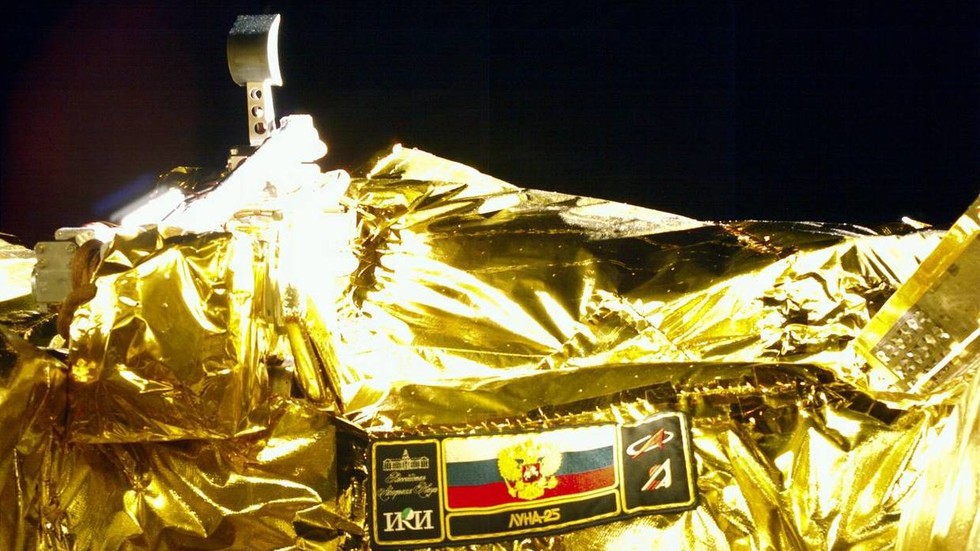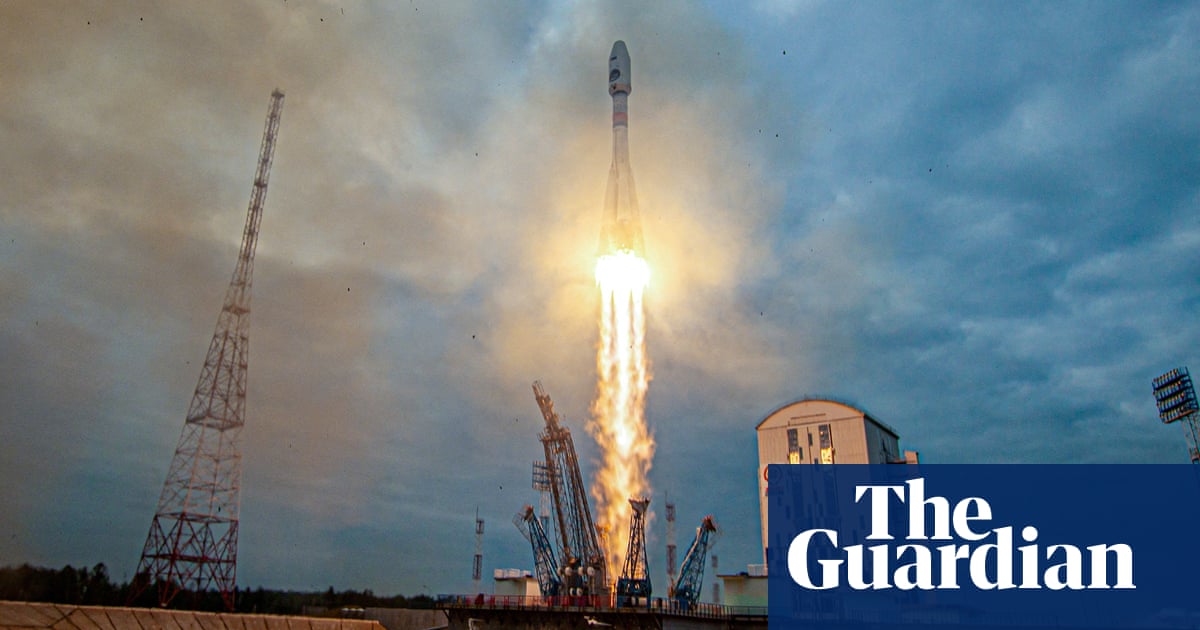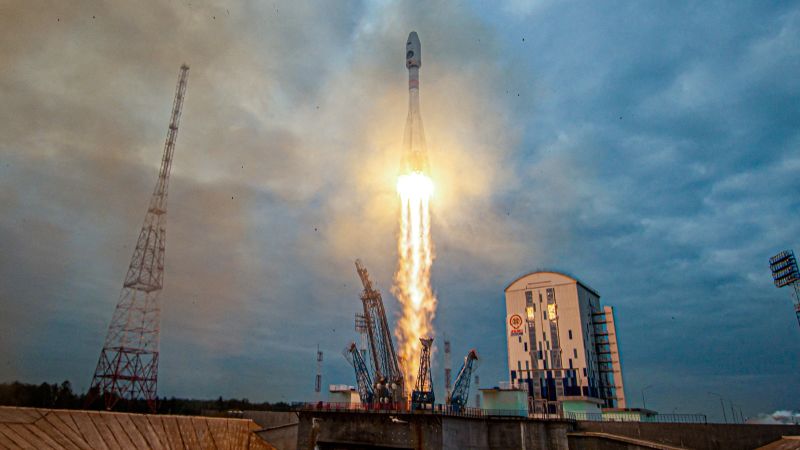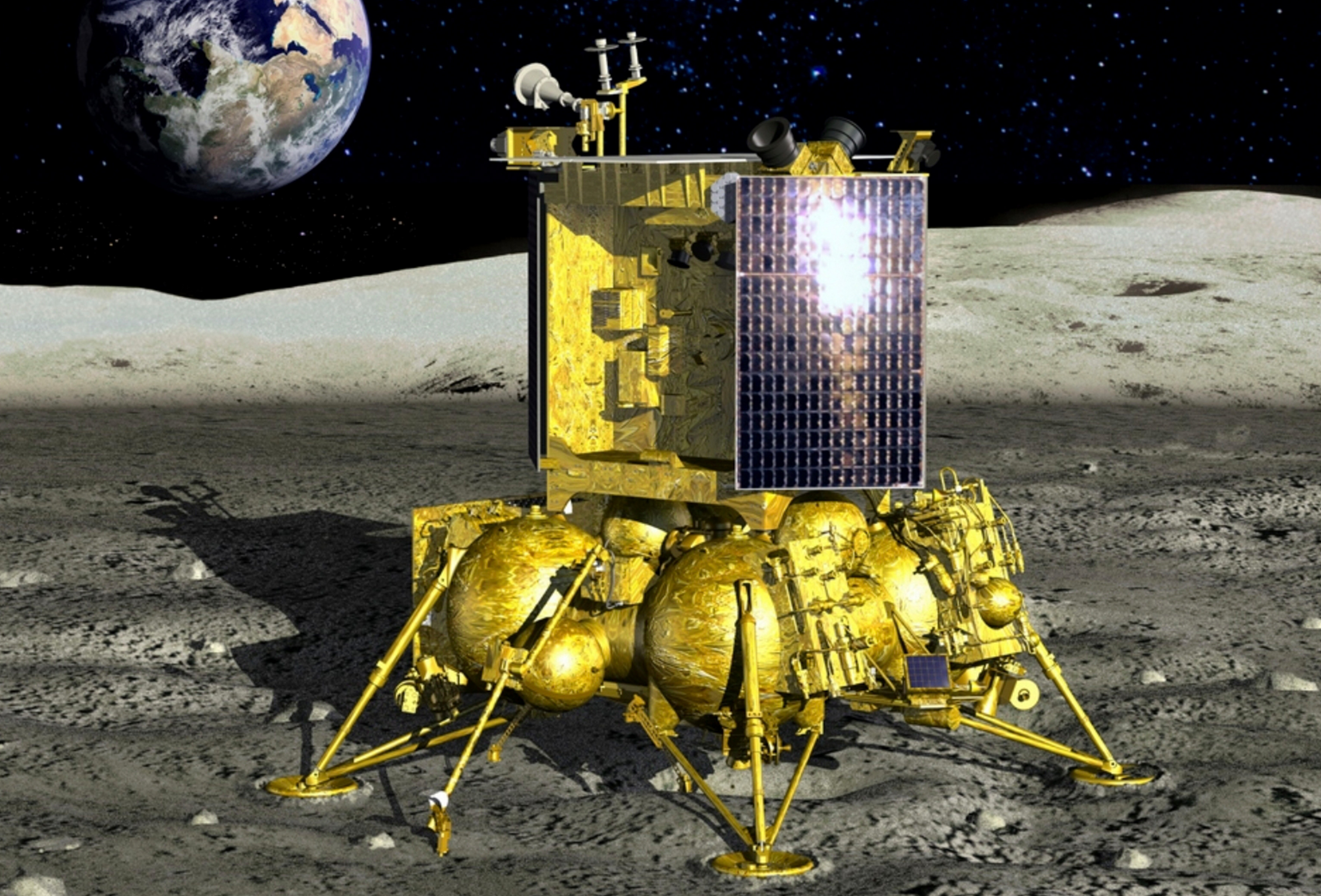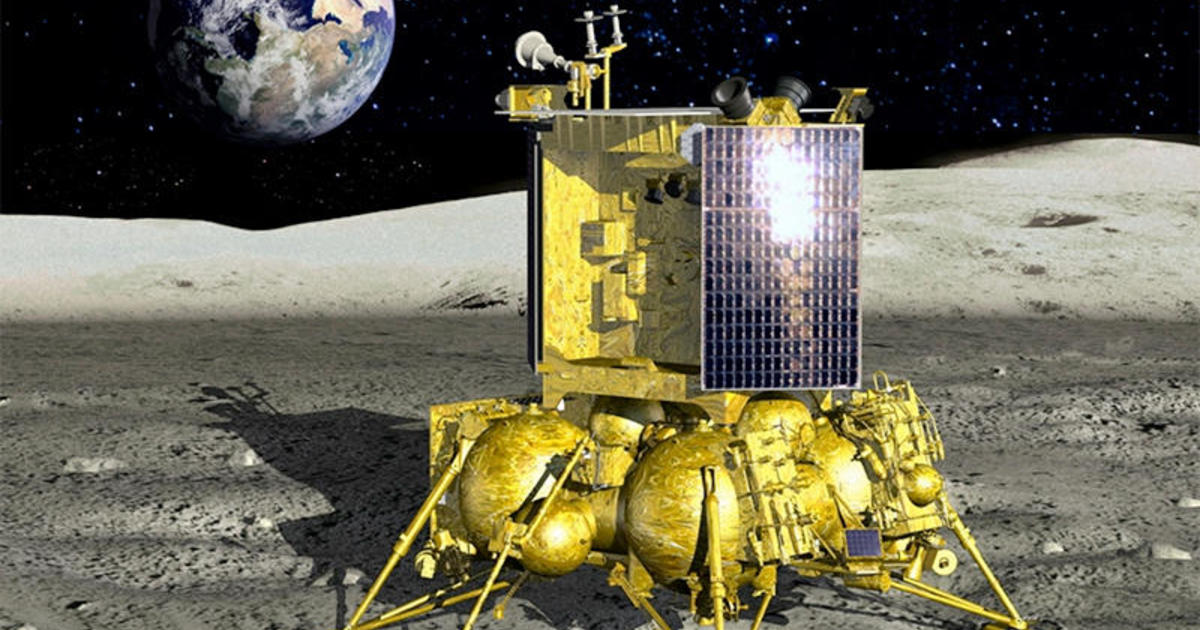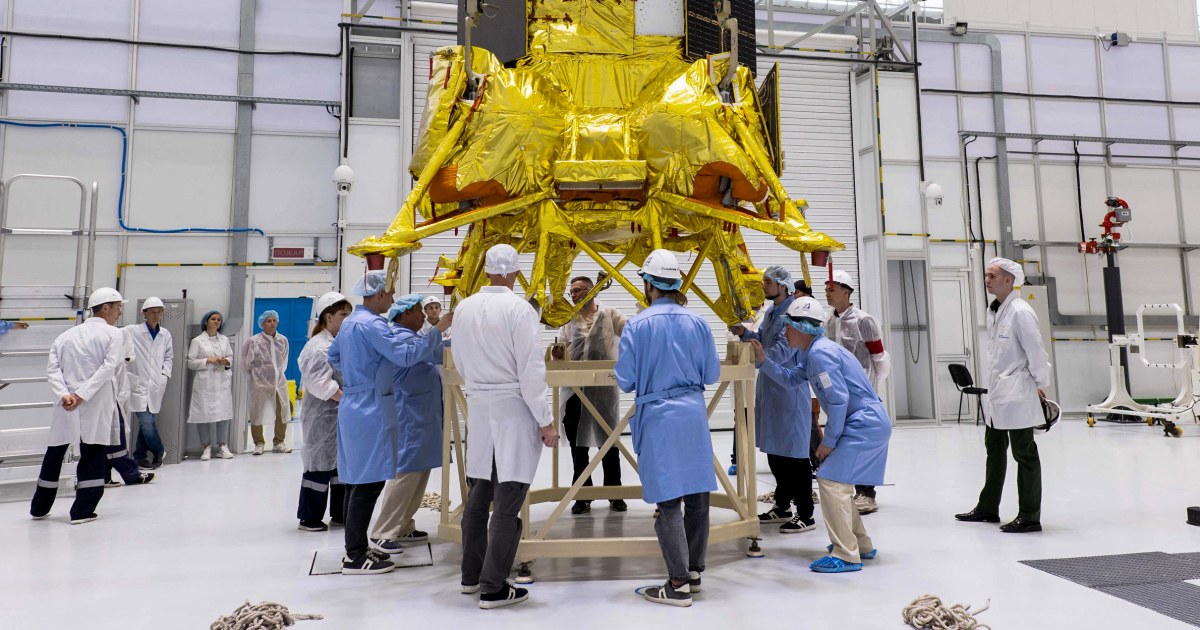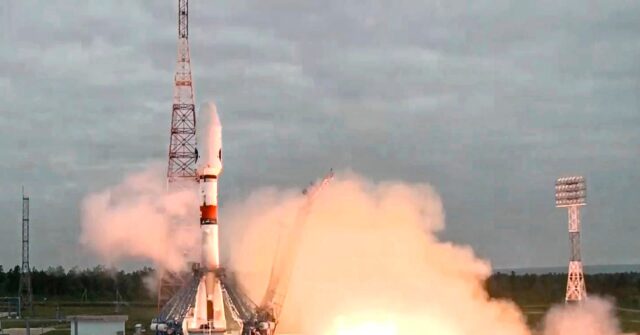The Spin
Anti-Russia narrative
This failure underscores Russia's decline as a former space power since the 1960s, when the country became the first to launch a satellite to orbit the Earth and a Russian citizen became the first man to travel into space. Moscow has tried to harken back to its Soviet days, but has failed to become an aerospace superpower in the modern age — primarily due to deep-rooted corruption, a decline in its scientific education system, and the Kremlin's insistence on making the moon mission a PR activity rather than a scientific expedition.
Pro-Russia narrative
With the launch of the Luna-25 spacecraft, Russia attempted to return to the space race and show western countries it could successfully operate the world's most ambitious lunar operation despite the massive cost of military operations in Ukraine. Luna-25's crash-landing is a blow to Russia's space ambitions. However, while the US and its allies can mock Russia's failed lunar mission, Moscow will continue to use its scientific capabilities and resources to explore the moon's water and rare earth deposits.
Metaculus Prediction
There's a 68% chance that India's Chandrayaan-3 mission will successfully land a rover on the moon, according to the Metaculus prediction community.


